Joris de Man is a freelance Composer and Sound Designer, creating original music and audio for video games, animation, film and tv. A two time Ivor Novello winner and Bafta-nominatee, Joris is known for the epic live orchestral scores for Killzone 2 and 3, and Horizon Zero Dawn. We asked Joris, some key questions about getting into the games sector.
Explain your role like I'm 5 years old
I write and create the music you hear when you play a game, and the sounds characters, objects and actions make during gameplay. The music and sounds I create sometimes use real instruments and real objects that I record; at other times, they are all created inside the computer using virtual instruments and recordings of sounds made previously.
Take us through your average day at work
My day usually starts with a bit of administration - emails I might need to answer, a look at my calendar on what I need to work on and possibly some planning. Once I know what I'm working on (be it music or sound), I might read a brief or do some research - listening to pieces of music to inspire me, or finding sounds or instruments that I'd like to use. I then start creating music - often by sketching on a piano first, to create a rough outline of what I'm going to compose. This often involves lots of improvisation to come up with different ideas.
I then start putting layers on top of that - dependent on the musical style, this could be a beat or chords, or if it's more orchestral, other orchestral instruments. I'll keep doing this, adding, changing, deleting until I have something that sounds right. I might create a 1 minute demo of a piece first to send to a client, for some initial feedback. Or, if I'm feeling particularly confident, try and write the whole piece. But often I'll write a bit and give a WIP (Work In Progress) to a client to listen to in case they have some comments or changes.
Sometimes I get it right first time; other times, it might go through several revisions before I hit the right 'note'. Once I have some feedback I can start finalising the piece. Other parts of my work involve production (concentrating on the 'sound and vibe' of a piece) and mixing (balancing all the various elements/instruments in a piece of music and making sure they sound as good and punchy as they possible can, in the right space and in a way so all elements can be heard but also work together).
What was your educational and career journey into your current role?
I wrote a lot of 'chip music' on the Atari ST when I was growing up, but didn't really imagine I'd have a career doing that; but I was always interested in games. It was only when I was about 18/19 years old that I realised I could make a living out of it. I very briefly started a study in Music Technology, but dropped out after 6 months when I got a job offer to write some game music. Just before I'd done a course in Sonology (study of sound) at the Royal Conservatory in The Hague - but it was a tad too technical for me and rather light on creativity.
Although initially, I'd planned to go back to college to study Music Technology after I'd dropped out for a year to write music for games, I realised I was already doing what I loved and decided to just keep doing it; so my main experience is practical rather than educational. I have no real musical education - I can barely read music, and I compose by ear - when I work with an orchestra, for example, I do compose all the parts but use a copyist to prepare a score and make it playable by real musicians.
What is it about your role that you love?
I get to write music and mess around with computers, synths and music technology every day, and the opportunity to work with some wonderfully creative people on fantastic projects. Though it can be challenging at times, I can't imagine myself doing anything else.
What other roles do you work with the most
I'm a freelancer so mainly work by myself, though I do have a producer who helps me with scheduling and tackling the more logistics of projects, and an agent who handles the business side. The latter is a good way of keeping business and creative separate.
What's the most challenging thing about your role?
My job mainly consists of coming up with new ideas and themes on a daily basis - though this is fun, it can also be incredibly challenging to come up with something new and good on 'command'. Writer's block is something composers often suffer from, and I do too at times - there are few things more daunting than an empty page and a deadline. The main thing is you stick to it and come up with something, because something is better than nothing.
What software or digital tools do you use the most?
I use a Digital Audio Workstation software called Nuendo, which is Cubase's bigger brother; it records both midi data (music and note data as digital bits) and audio data (sound as digital bits/bytes) and allows you to manipulate it in various ways. It allows me to record what I play on a keyboard, modify that and use it to trigger various software and hardware instruments. In addition, I have a bunch of hardware synthesisers that can create all sorts of sounds, and audio interfaces and microphones to record sounds with. Last but not least, a whole bunch of instruments ranging from a violin and guitar to percussion, flutes and a hang drum.
What are the key skills needed for you to work on to do your role?
Knowledge of how digital audio and midi works, how to record sounds, how to write music and compelling themes, how to deliver music and audio in formats and specifications that can be used in games, and how to maintain a bunch of computers and troubleshoot them. It's important to note however that musically, people work in many different ways - some write on guitar, others on paper, some record a band or bunch of musicians playing together, etc. The way I work is only one example, and there are many other ways to do it. The basic knowledge of digital audio recording and working confidently with computers and games still stands though!
What advice would you give to your younger self looking to get started in the industry?
I would tell my younger self that making lasting relationships in this business is as important as developing your skillset. Early on in my career, I focussed solely on the latter - it had the benefit of getting very capable at what I was doing, but I didn't make many relationships - when I went freelance later in my career, I realised how important it was to know people; not just as clients but as friends and colleagues.
Do you have any links to good articles or videos that you think might give some tips or advice to someone starting in your role?
Listen to as much music you can - not just game music, but classical, contemporary and pop - listen to the greats, and find out where they get their inspiration from. Once you start looking into what your favourite composers listen to, it quickly becomes a fascinating journey into music from people you didn't know but might come to love. Dissect a cue - listen to it over and over again, analysing each layer until you know what makes it tick, then try and write something similar.
I can also highly recommend this book: Composing Music for Games: The Art, Technology and Business of Video Game Scoring
In addition, I highly value Rob Bridgett's articles.
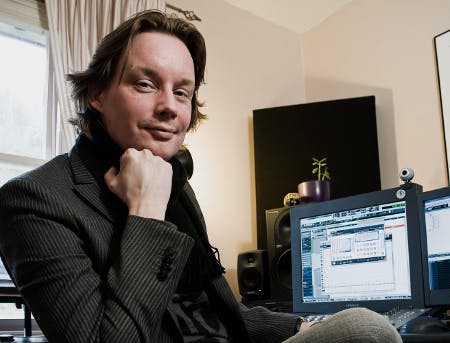
.png?ixlib=gatsbyFP&auto=compress%2Cformat&fit=max&w=1600&h=900)
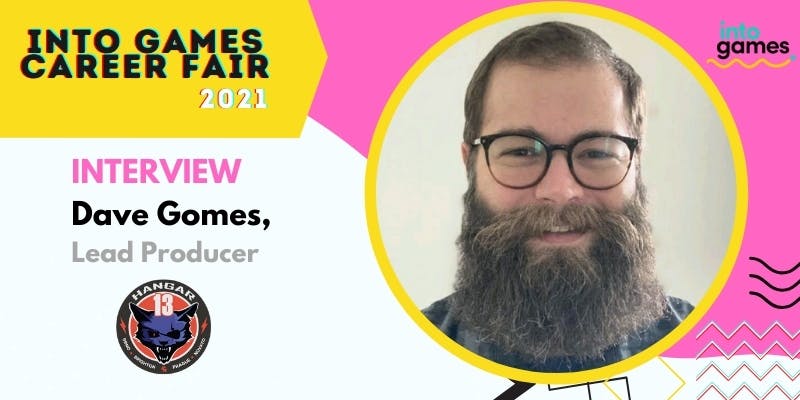
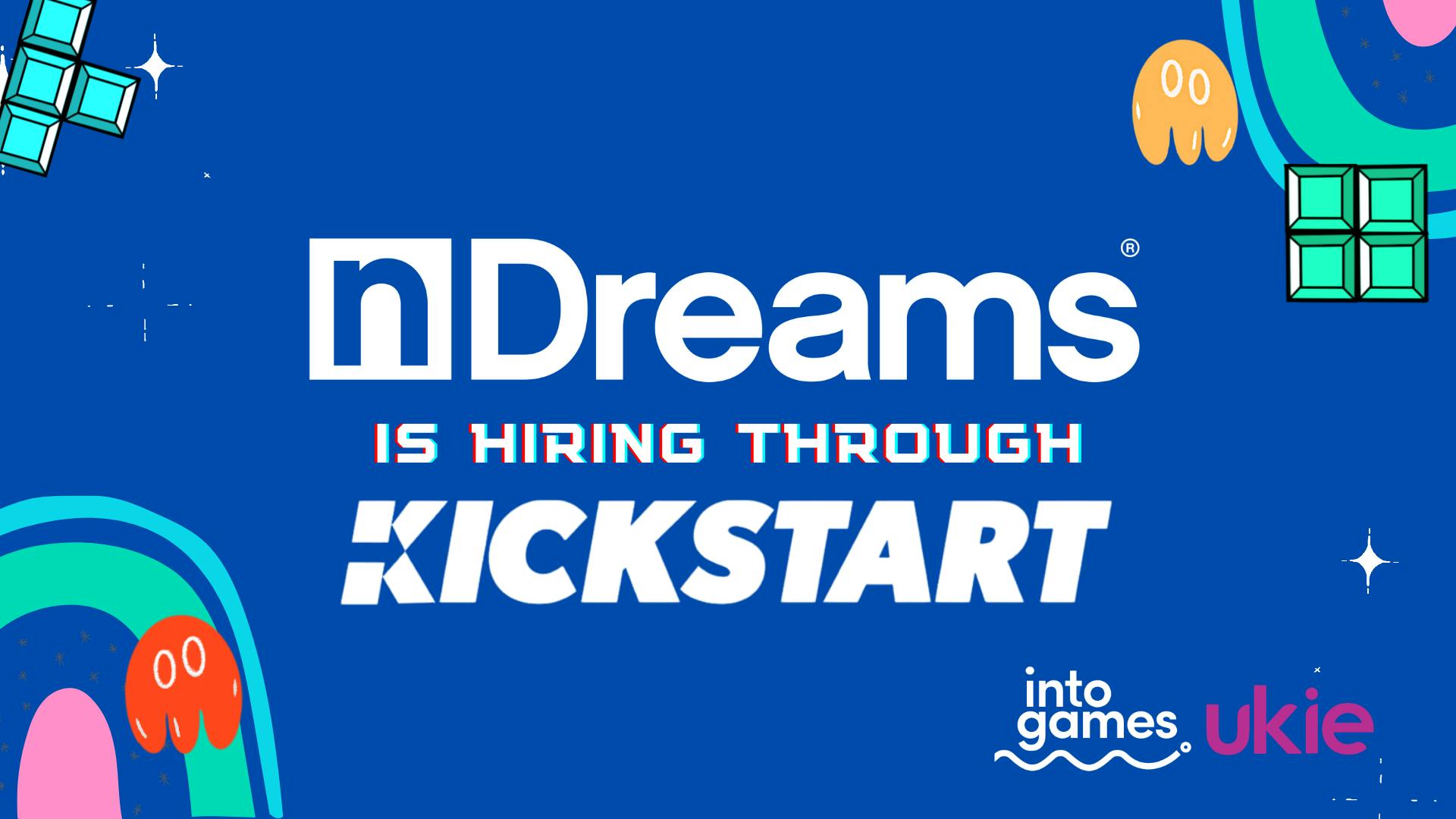
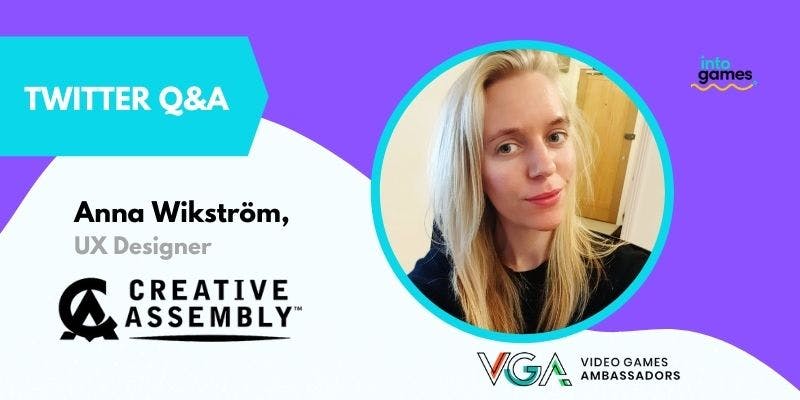
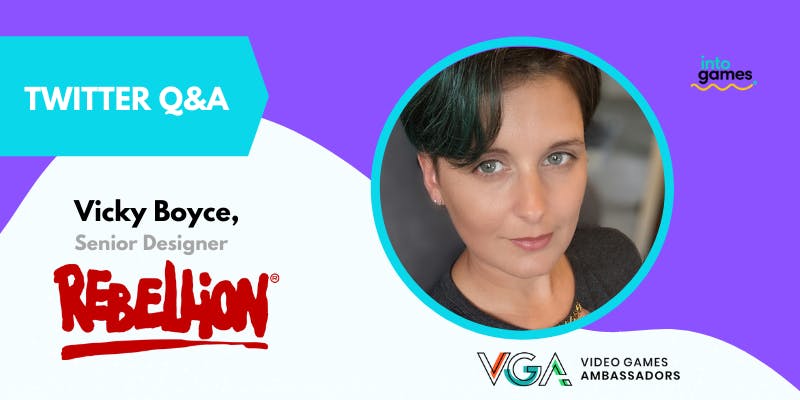
.png?ixlib=gatsbyFP&auto=compress%2Cformat&fit=max&w=1600&h=900)
.png?ixlib=gatsbyFP&auto=compress%2Cformat&fit=max&w=1600&h=900)